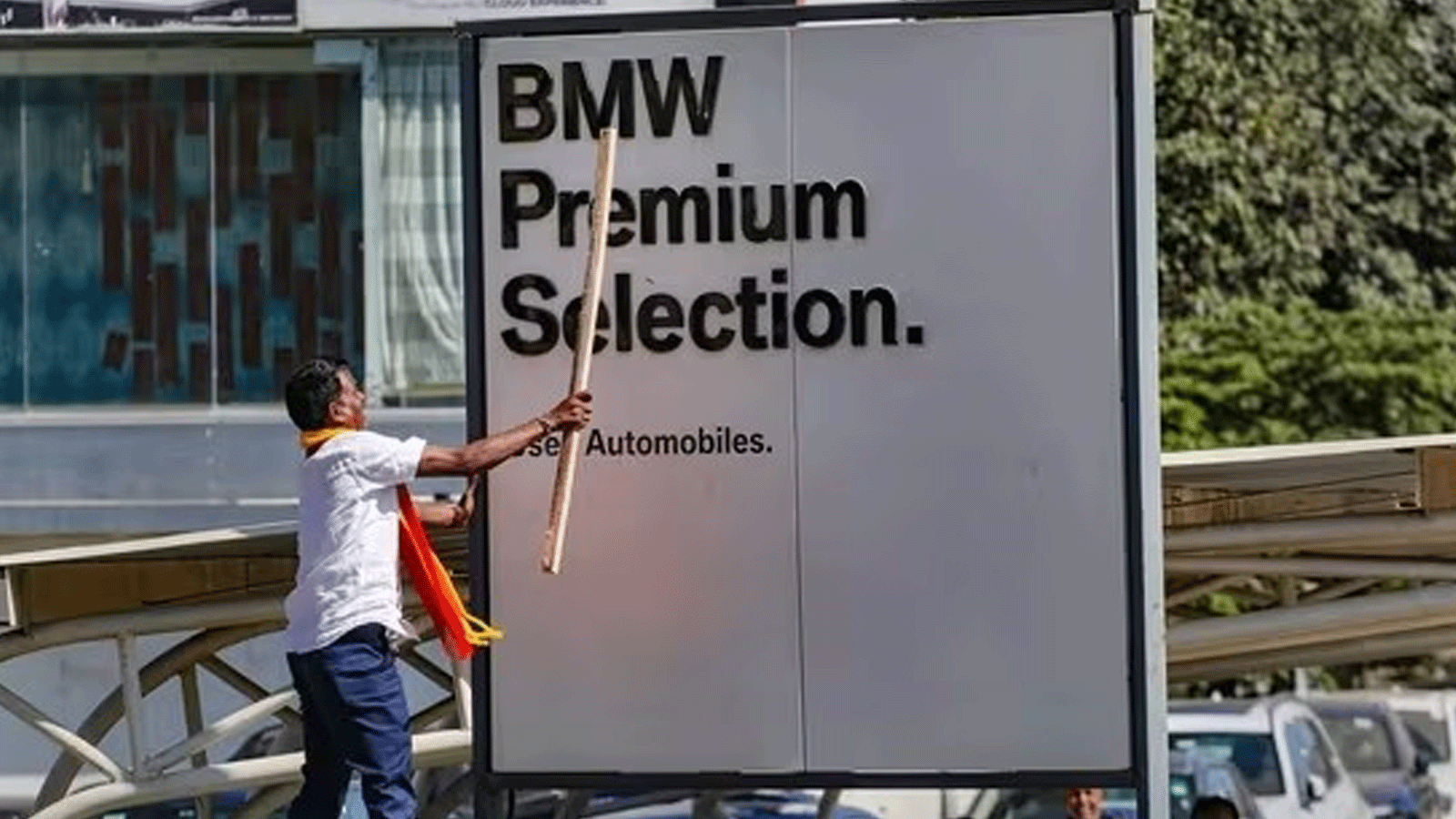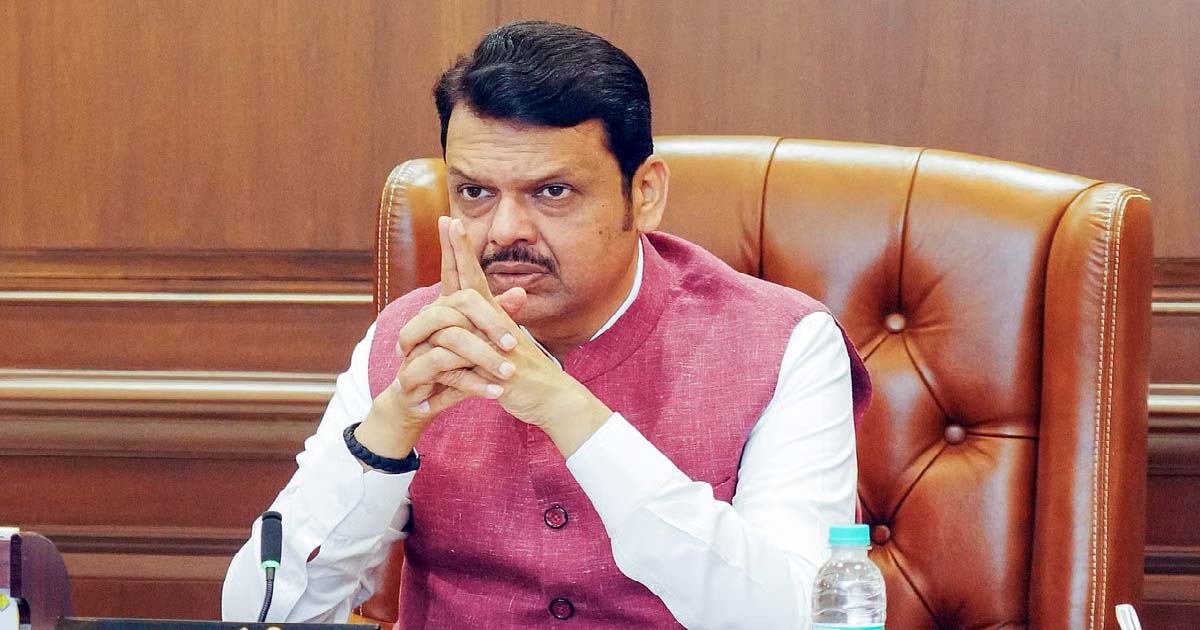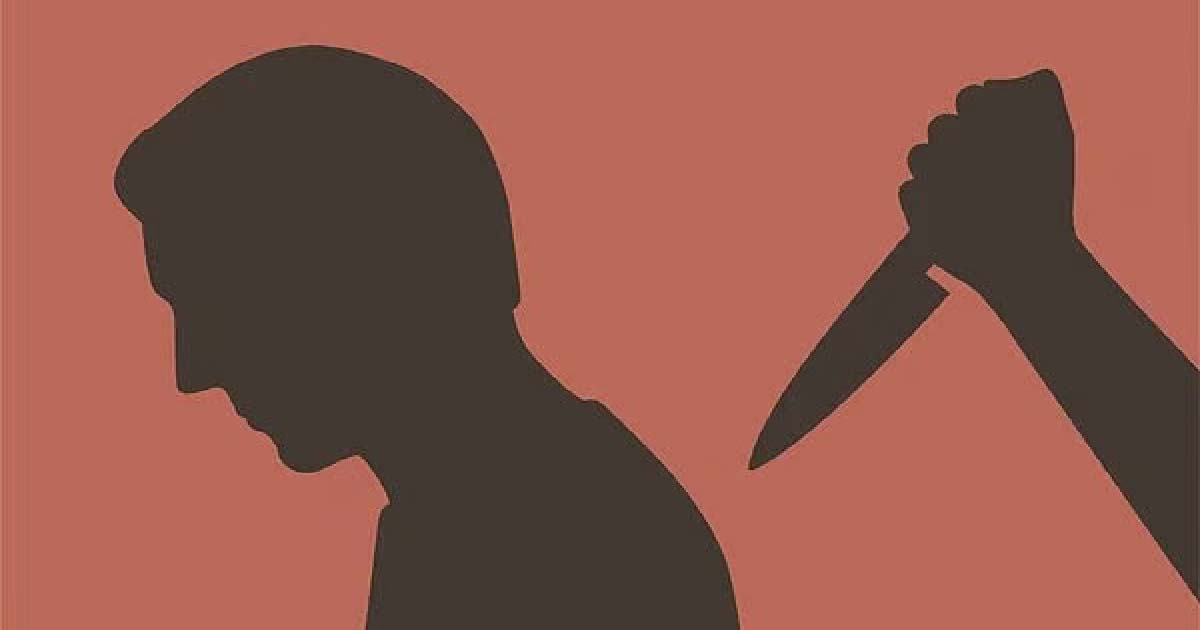National News
Explained: What Is ‘60% Kannada’ Signboard Protest Causing Riot On Streets Of Bengaluru?

Pro-Kannada groups on Wednesday made their way into Bengaluru city from the Sadahalli toll plaza, organising a massive rally to advocate for the inclusion of sixty percent Kannada content on signboards and logos.
Footage from the scene depicted both men and women dismantling individual English letter signs from a well-known hotel chain McDonald’s at the Sadahalli toll plaza, all the while vociferously chanting slogans.
Several days following the issuance of notices by the city’s civic body mandating prominent Kannada signage for commercial establishments, members of Karnataka Rakshana Vedika took action on Tuesday by removing certain English signboards in various areas of Bengaluru. According to news agency PTI, the pro-Kannada activists additionally cautioned shops to promptly display billboards in the local language.
What is ‘60% Kannada’ rule?
In an effort to boost the prominence of the local language, the Bruhat Bengaluru Mahanagara Palike (BBMP) issued a directive to businesses throughout Bengaluru, asking them to prominently display a minimum of 60% Kannada on their signboards. Failure to comply by February 28 may lead to the revocation of trade licenses and potential legal consequences for businesses that do not adhere to the directive. This development reignited the longstanding debate over language preferences in the Karnataka capital.
Tushar Giri Nath, the Chief Commissioner of BBMP, announced that the administration is poised to identify businesses that do not conform to the new language requirement. Speaking during a meeting with Karnataka Rakshana Vedike (KRV), an organization advocating for the use of Kannada, Nath conveyed, “There are 1400 km of arterial and sub-arterial roads in the city, and all the commercial shops on these roads will be surveyed zone-wise.”
Bengaluru, as a central hub for IT-related employment attracting individuals from across the country, has grappled with the delicate matter of language preference for an extended period. The city’s diverse linguistic landscape has occasionally led to tensions, with the utilization of Kannada being a central point of discussion.
In addition to individual shops, shopping complexes, and malls falling under BBMP’s jurisdiction have been granted a grace period of 15-20 days to adhere to the new regulation. This extension aims to provide larger establishments with the necessary time to implement the required changes.
In October, Chief Minister Siddaramaiah underscored the importance of using Kannada, once again placing the language issue in the spotlight. He stated, “Everyone living in this state should learn to speak Kannada. We are all Kannadigas. People speaking different languages have settled in this Kannada land since the unification of Karnataka.”
Why are pro-Kannada groups going on rampage?
Demonstrations advocating for the inclusion of 60 percent Kannada in all signboards across Bengaluru escalated into acts of vandalism in various areas of the city on Wednesday. Numerous boards were marred during a procession led by Karnataka Rakshna Vedike (KRV) from Sadahalli toll gate towards the city.
The march was organised following the pro-Kannada group’s imposition of a deadline on December 27 for all establishments in Bengaluru to adhere to the Bruhat Bengaluru Mahanagara Palike (BBMP) directive, which requires 60 percent Kannada in signage throughout the city.
Karnataka Rakshna Vedike president T A Narayana Gowda, who’s at the helm of these protests, warned of “unforeseen incidents in Bengaluru” if protesters were arrested or stopped from continuing the movement.
“I spoke to the chief minister and deputy chief minister yesterday night. They assured us that the protests would be allowed. If they arrest us or stop the movement, then the police will be responsible for any unforeseen incidents in Bengaluru,” he said.
The demonstrators damaged the signboard of the multi-city hotel chain Bloom, which lacked Kannada content. They were observed entering the hotel premises while chanting pro-Kannada slogans. Progressing towards Chikkajala, pro-Kannada activists defaced and took down numerous signboards. Videos circulated on social media depicted protesters spray-painting certain boards, and they were also witnessed tearing down large flexes installed along the airport road.
Crime
A powerful explosion near Delhi’s Red Fort… High alert across Delhi after the blast; 8 people killed; forensic team arrives at the scene.

New Delhi: A car explosion near Gate No. 1 of the Red Fort Metro Station on Monday evening caused widespread panic. The force of the blast was so intense that a part of the car landed on the Lal Mandir, located near the Red Fort. The temple’s glass shattered, and doors and windows of several nearby shops were damaged. Several people were reported injured in the incident.
Immediately after the blast, fires were reported in nearby shops. Tremors were felt as far as the Bhagirath Palace area of Chandni Chowk, and shopkeepers were seen calling each other to inquire about the situation. Several buses and other vehicles were also reported to have caught fire.
The fire department received a call about the car explosion in the evening. Following this, it immediately dispatched six ambulances and seven fire tenders to the scene. Relief and rescue operations are underway, and efforts are underway to control the fire.
The cause of the explosion is still unknown. Police have cordoned off the area, and investigating agencies are gathering evidence at the scene. Initial reports suggest the explosion occurred in a car, but its nature and cause are still unclear. Security has been increased throughout the Red Fort and Chandni Chowk areas following the incident.
National News
Maharashtra CM Devendra Fadnavis Orders World-Class Facilities, AI-Based Security At Jyotirlinga Temples

Mumbai: Maharashtra Chief Minister Devendra Fadnavis on Monday directed officials to ensure world-class facilities and a state-of-the-art integrated AI-based security system for devotees visiting Jyotirlinga shrines in the state.
During a meeting held at Varsha, his official residence, Fadnavis reviewed the development plans for the Bhimashankar Temple in Pune district, Aundha Nagnath Temple in Hingoli, and Grishneshwar Temple in Chhatrapati Sambhajinagar.
“Jyotirlinga temples attract a large number of devotees throughout the year. Therefore, the development plans should be comprehensive and focused on creating excellent facilities and ensuring security,” he said.
The chief minister instructed officials to accelerate ongoing works and plan new ones effectively.
“An advanced, AI-based integrated security system should be developed to safeguard devotees and provide an immediate response during emergencies,” he said.
Fadnavis further said that facilities such as waiting halls, drinking water, accommodation, internal roads, cleanliness measures, information boards, tourist facilitation centres, parking management, emergency response systems, health facilities and eateries should be strengthened.
He emphasised that temple managements follow strict norms and residents and administrative bodies should be involved in planning and execution.
“Tourism projects that promote environmental conservation and local employment must be implemented quickly,” he said.
The chief minister said that the development plans presented at the meeting will receive funding after approval by a high-level committee, and he asked officials to organise a separate meeting with the Central government to secure clearances from the Archaeological Survey of India (ASI).
Crime
Thane: Man Stabbed To Death In Dombivali Hotel After Minor Altercation

Thane: A man was stabbed to death in Dombivali in Thane district during an altercation after he accidentally brushed against another person, a police official said on Monday.
The incident took place in a hotel in the early hours of Sunday in MIDC Phase 1 area, the Manpada police station official said.
“Akash Bhanu Singh (38) and his friends were having dinner at the hotel when he accidentally brushed against the accused, who picked up a fight. He along with some others stabbed Singh to death. Two of Singh’s friends, who tried to save him, also sustained injuries and have been hospitalised,” the official said.
Four persons were booked under Bharatiya Nyaya Sanhita sections for murder and other offences, though no arrest has been made, he said.
-

 Crime3 years ago
Crime3 years agoClass 10 student jumps to death in Jaipur
-

 Maharashtra1 year ago
Maharashtra1 year agoMumbai Local Train Update: Central Railway’s New Timetable Comes Into Effect; Check Full List Of Revised Timings & Stations
-

 Maharashtra1 year ago
Maharashtra1 year agoMumbai To Go Toll-Free Tonight! Maharashtra Govt Announces Complete Toll Waiver For Light Motor Vehicles At All 5 Entry Points Of City
-

 Maharashtra1 year ago
Maharashtra1 year agoFalse photo of Imtiaz Jaleel’s rally, exposing the fooling conspiracy
-

 National News1 year ago
National News1 year agoMinistry of Railways rolls out Special Drive 4.0 with focus on digitisation, cleanliness, inclusiveness and grievance redressal
-

 Maharashtra12 months ago
Maharashtra12 months agoMaharashtra Elections 2024: Mumbai Metro & BEST Services Extended Till Midnight On Voting Day
-

 National News1 year ago
National News1 year agoJ&K: 4 Jawans Killed, 28 Injured After Bus Carrying BSF Personnel For Poll Duty Falls Into Gorge In Budgam; Terrifying Visuals Surface
-

 Crime1 year ago
Crime1 year agoBaba Siddique Murder: Mumbai Police Unable To Get Lawrence Bishnoi Custody Due To Home Ministry Order, Says Report












